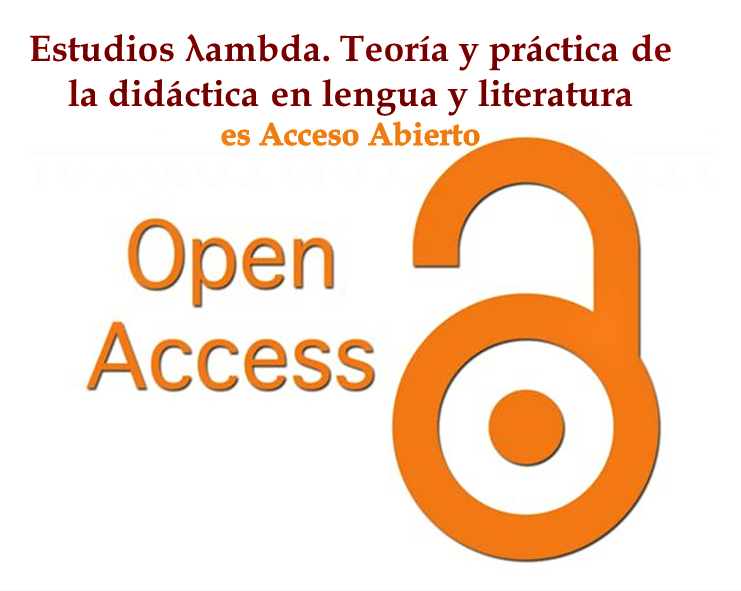λambda Studies. Theory and Practice of Language and Literature Didactics is a digital journal, published continuously every six months, with open access, free of charge and peer-reviewed using a double-blind methodology. The journal is scientific and reflective in nature, with an emphasis on innovation and research related to the teaching of: language and literature, discourse analysis, cultural studies, literacy studies and literary theory. It also includes publications on interdisciplinary research related to the aforementioned topics, as well as the processes of comprehension and production of texts in L1 and L2.
Conflict of Interest Policy
Conflict of interest arises when an author (or the institution to which they belong), peer reviewers or editors have financial or personal relationships that could inappropriately influence (bias) their actions. Authors must disclose relationships or reasons that could represent a conflict of interest in the Non-conflict letter.
Authorship conflicts arise. That is, when there is no agreement on the type of authorship contribution: shared authorship, undeserved authorship, authorship dispute, and phantom authorship.
- Shared authorship is one in which researchers from different disciplines who have contributed to multidisciplinary research participate. In these cases, the order of appearance of the authors must be agreed and indicated in writing.
- Undeserved or honorary authorship is one that is granted without the author having contributed substantially in the design and writing process or without having participated with any important contribution to the intellectual content.
- The authorship dispute arises when a researcher claims total or partial authorship of the content of a published article. The editor must manage this problem by informing the author or authors, requiring them to make a consensual and motivated decision. If this does not occur, the editor must request the intervention of the institution to which the authors belong to resolve the conflict.
- Phantom authorship or denial of authorship consists of not including as an author a person who has contributed substantially to the research or to the writing of the article. It is the opposite case of undeserved or honorary authorship.


